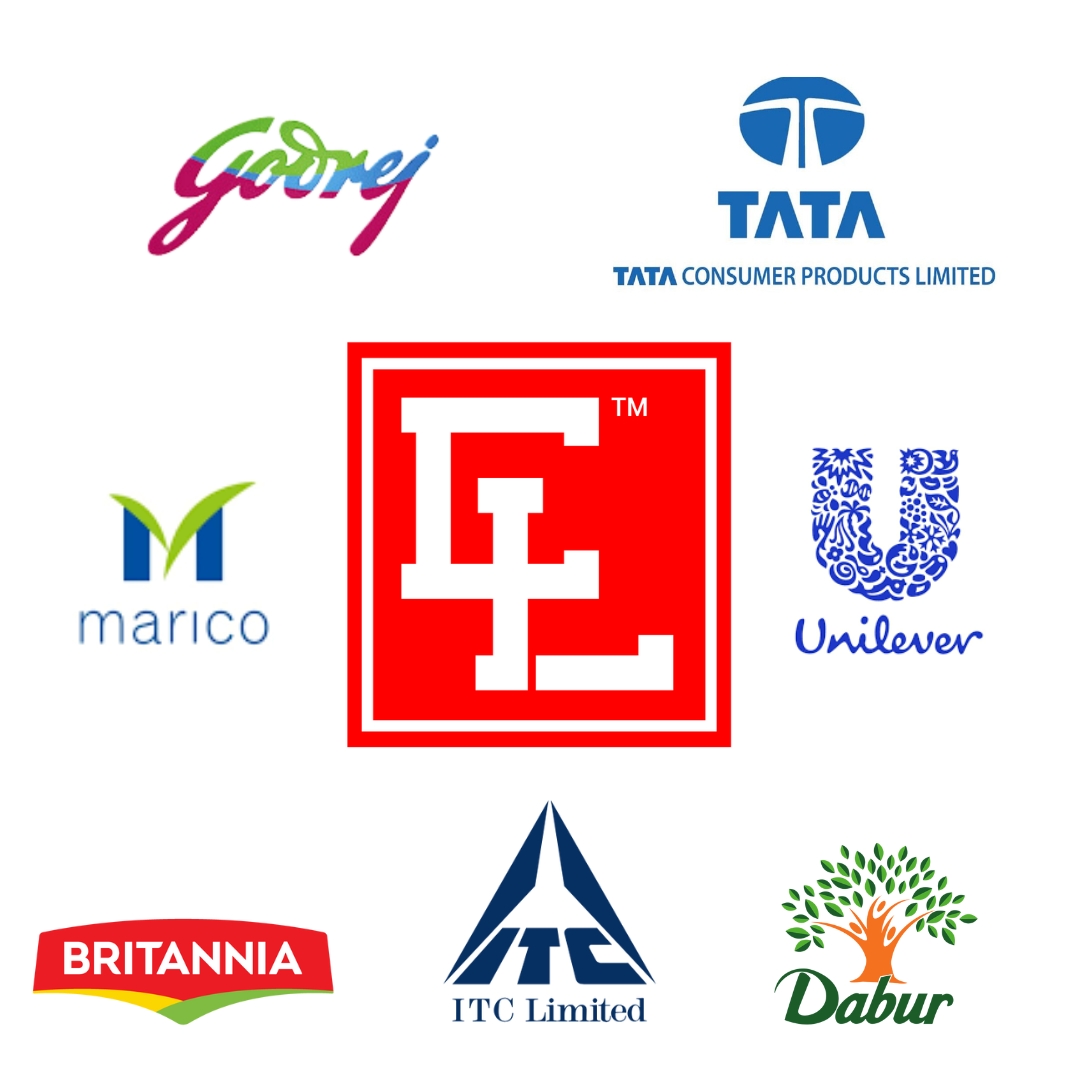smallcases are investment products consisting of equities or ETFs (exchange-traded funds) based on a theme, strategy, or objective. These investment products or portfolios are offered through a fintech company, Smallcase Technologies, which was started in the year 2016.
Each smallcase is created by SEBI-registered investment research analysts and finance experts with years of investment experience.
How many types of smallcase portfolios are there?
The different smallcases have different underlying themes or concepts. Following are some broadly categorized smallcases based on the key concepts guiding the selection of investment assets for the portfolio:
- Volatility-themed: The stocks are selected based on their volatility or the price swings. smallcases are classified as low, medium, and high volatility depending on the volatility of the stocks included in them.
- Beta-themed: These smallcase portfolios are created using quantitative investment strategies to derive higher rates of return.
- Industry theme: The smallcases based on industry themes focus on a specific industry such as banking, information technology (IT), and others.
That’s not all. There are multiple types of smallcases with different underlying themes or strategies such as value, growth, sectors, etc. It offers investors choices based on their investment appetite and risk profile with a potential for higher returns.
How is smallcase different from mutual funds?
When you invest in a smallcase, you get the ownership of the stocks that are included in it, unlike mutual funds where you own the units of a mutual fund. You don’t own the stocks that together make up the mutual fund portfolio. The difference also exists regarding charges that are applicable for mutual funds and smallcase.
How can you invest in smallcase?
Smallcase has partnered with leading brokerages like Dhan to enable you to invest in curated portfolios of your choice. You will have to open Demat account if you want to invest in a smallcase. When you purchase a smallcase, the money is deducted from your trading account, and the shares are allotted to your Demat account.
The minimum amount required for investments depends on the stocks that are included in the smallcase portfolio. While smallcases are revolutionary, there are multiple factors you should look at before choosing the right curated portfolio for you.
Is investing through smallcase a good idea?
Some factors that you can consider for investing in smallcases are:
- Portfolio-based investment for profit optimisation
A portfolio allows you to mitigate risks associated with a single stock investment by giving you access to a curated portfolio of diverse shares. It helps you protect your investments from the downside in a particular stock even as you benefit from the upside in different stocks.
Read More – Tips To Relieve Night Cough
- Readymade themes and strategies
You get an opportunity to invest in curated themes and strategies from investment experts. You stand to benefit from the knowledge and experience of experts and also save time if you were to individually research each stock for investment.
- Investment based on risk profile
Smallcase provides you with investment opportunities aligned to your risk profile. If you are a risk-averse investor, you can select a smallcase that includes stable companies such as FMCG with predictable growth and profit. If you can take high risks, you can invest in a smallcase that includes high price-to-earnings (PE) ratio stocks in its portfolio.
- Investments based on investment capital
Smallcases offer you wide-ranging investment options with different minimum investment amounts required. You can select a smallcases based on the capital available for investment.
Smallcases offer multiple investment options to match different risk profiles, time horizons, and investment objectives. You can use filters available on the platform to select the best fit smallcases for your requirements. You could even explore smallcase on Dhan to know more!












